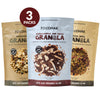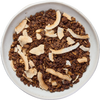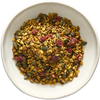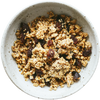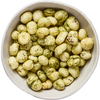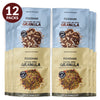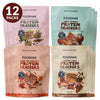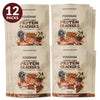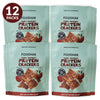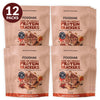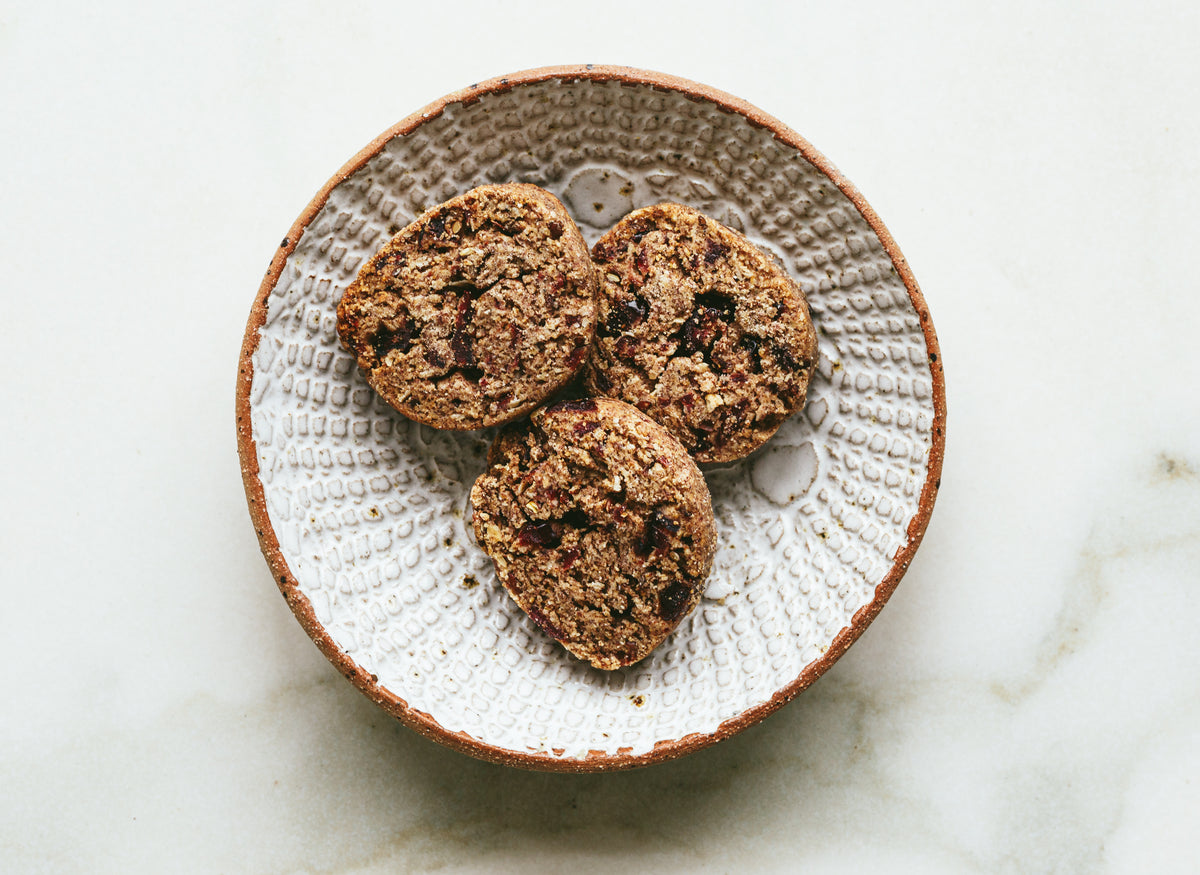
6 Anti-Inflammatory Foods to Fight Arthritis
Any regenerative, reparative, or antimicrobial response that the body produces is fundamentally based on inflammation. From traumatic injuries like cuts, bruises, and fractured bones to infections and cancer; inflammation forms the primary response of our body. In the last two decades, we have made significant progress in understanding the function of inflammation. Although inflammation is typically a protective response, if left untreated for a long time, it can also lead to harmful changes.
A large number of diseases are associated with inflammation. Chronic diseases like arthritis, diabetes, cardiovascular diseases, cancer, asthma, inflammatory bowel disease (IBD), periodontitis, retinopathy, and hepatitis are all found to have a link with inflammation. Several factors affect inflammation, including social and physical surroundings, physical activity, diet, chronic infections, mental stress, and environmental toxins.
In this article, we will explore how some anti-inflammatory superfoods can help with arthritis.
Berries:
All berries have anti-inflammatory properties. Anti-inflammatory properties can be found in strawberries, blackberries, cranberries, blueberries, blackcurrants, bilberries, black raspberries, wolfberries, sea buckthorn berries, and chokeberries. Berries are rich in polyphenols, especially anthocyanins. The anthocyanin obtained from berry extracts has shown specific anti-inflammatory effects in various studies. Additionally, berries are known to have antioxidant properties that help reduce oxidative stress. Berries are not only good for arthritis but also help fight against hypertension, myocardial infarction, diabetes , cancer, and other inflammatory diseases.
Walnuts:
Nuts, in general, are rich sources of antioxidants and anti-inflammatory agents. They include peanuts, almonds, pistachios, hazelnuts, and walnuts. Walnuts contain rich amounts of alpha-linolenic acid (ALA). Alpha-linolenic acid (ALA) is a type of omega-3 fatty acid possessing potent anti-inflammatory properties. Regular consumption of walnuts can lead to a significant reduction in inflammatory biomarkers. The consumption of walnuts has also shown beneficial effects on cardiovascular health and atherosclerosis.
Some popular food items with nuts and seeds that you must try: Apricot and Olive Tagine, Seeded Omega and Millet Crackers, and Ashwagandha Choc Chip Cookies.
Fish:
Fish in general are good sources of omega-3 fatty acids. Most of the fish contain eicosapentaenoic acid (EPA) and docosahexaenoic acid (DHA). Both EPA and DHA can be readily used by the body. They are converted into resolvins and protectins, which are natural anti-inflammatory agents. Plants contain omega-3 acids called alpha-linolenic acids, which must be converted to EPA and DHA within the body to be absorbed. Herring, salmon, mackerel, sardines, anchovies, and tuna are some of the best sources of omega-3 fatty acids. These are widely called "fatty fish." Needless to say, these omega-3 fatty acid-rich fish are great for reducing inflammation. This makes them the ideal option for treating conditions like arthritis and other conditions linked to chronic inflammation.
Red pepper:
Peppers of all varieties have high anti-inflammatory properties. Red pepper has the highest anti-inflammatory properties among all varieties. The active ingredients of red pepper are flavonoids like beta-carotene, quercetin, and luteolin. Beta-carotene is associated with a decreased risk of cancer and inflammatory diseases like asthma and rheumatoid arthritis. Luteolin is an antioxidant that reduces oxidative stress and inflammation. Quercetin has a mast cell stabilizing effect that helps with allergies.
The best dish with red pepper that you must try: Zesty Vegan Paella,
Extra virgin olive oil:
The Mediterranean dietary pattern is considered the model of a healthy diet. Olive oil plays an important role in the health benefits of a Mediterranean diet. It possesses potent antioxidant, anti-inflammatory, and immunomodulatory properties. It contains abundant amounts of phenolic compounds that are responsible for these benefits. These phenolic compounds are distributed throughout the body, and they even cross the blood-brain barrier. They also have insulin-sensitizing, cardioprotective, antiatherogenic, neuroprotective, immunomodulatory, and anticancer activities. It is important to note that the concentration of beneficial polyphenols may vary based on several aspects, such as cultivation practices, altitude, and irrigation. The process of extracting the oil also greatly affects its quality. Water usage, heating, extraction systems, storage, and spontaneous oxidation all have a significant impact on oil quality. Olive oil has been recognized as beneficial by both the American Food and Drug Administration and the European Food Safety Authority.
Some popular food items with olive oil that you must try: Italian Vegetable Pomodoro, Mushroom Stroganoff, and Healing Cantonese Congee.
Turmeric:
Turmeric is a spice, mainly used in Indian curries for its flavor. It contains curcumin, which is a proven anti-inflammatory agent . It has shown anti-inflammatory effects in cases of arthritis, diabetes, and other inflammatory diseases . Curcumin is used in combination with piperine, a compound derived from black pepper. Piperin enhances the absorption of curcumin. It is difficult to obtain enough curcumin only by consuming turmeric. Curcumin supplements with added piperine are used to achieve the desired effects of curcumin.
Some popular food items with turmeric that you must try: Vegetable Biryani, and Ayurvedic Rasam
Other anti-inflammatory foods
The other great anti-inflammatory foods to include in your diet are grapes, tomatoes, mushrooms (such as truffles and portobello), avocado, broccoli, dark chocolate, cherries, green tea, ginger, garlic, oysters, and honey. While diet can help a great deal against chronic inflammation, it is important to note that cutting down on harmful processed foods, doing regular exercise, preventing excessive psychological stress, and living in a toxin-free environment are also equally important in the fight against diseases related to chronic inflammation.
The best thing about these food items is that they have a wide array of health benefits that are not just related to arthritis. Even if you aren’t suffering from any of the diseases related to chronic inflammation, you can still greatly benefit from their regular consumption. They play a massive role in the prevention of diseases and in improving the quality of life. Aside from the foods listed above, nature provides many more anti-inflammatory foods. If accessibility to these food items is an issue, there are always alternatives. And one great place to check out alternatives as well as some great recipes and meal plans is Foodhak.
Also read: Anti Inflammatory Diet, Anti-inflammatory diet meal plan


